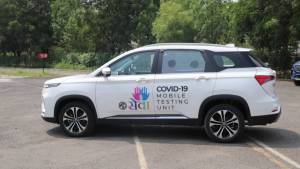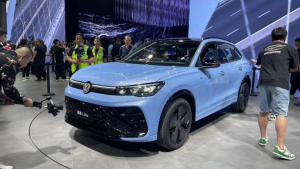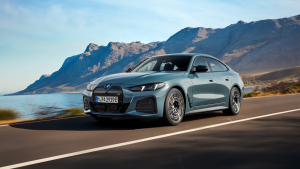A New Normal: How car-buying changes after the COVID19 lockdown
The impact of the COVID-19 crisis has been disproportionately high for carmakers. Cars are manufactured, in large operations with thousands of personnel, and are used as transportation to get you from one place to another. Both these things become very difficult to continue when social distancing measures are vital to stopping the spread of this disease.
It's no surprise then that all carmakers recorded massive dips in sales numbers in March, some selling
less than half the cars they sold in the same time last year. Further, vehicle production in India dropped by almost
15 per cent in India in FY20, a 28-year low. Aside from the pandemic, the extended slowdown in the sector and the pressures of the switchover to BSVI norms have made for some tough times for carmakers.
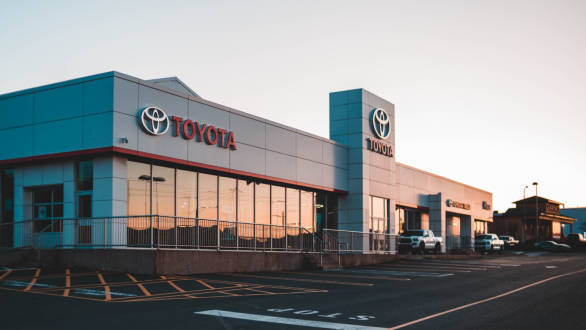 Image credit: Erik McLean on Unsplash
Image credit: Erik McLean on Unsplash
While it is difficult to ascertain when the situation will improve, what will most definitely change after this lockdown is the way we buy our cars. So far, car buying has been a deeply interactive, long-drawn out process. In a country such as India, a car is usually the second-largest purchase a person makes over the course of their life, our income levels are low and cars relatively expensive. Consequently, a lot of consultation, research and thought goes into this, a lot of it physically at dealerships.
Many of these facets of car purchasing are now set to move online. Sure, you could book cars online before, and most of the initial research is driven by the internet as it is, but now there will be more takers for an entirely virtual car-buying process. Carmakers are developing a more seamless online experience to this end, like Hyundai and Tata Motors' 'Click to Buy' initiatives that even offer discounts to make this process seem more viable to the consumer. This could be augmented by tech like online model reveals, a digital showroom experience and contactless test drives. E-commerce has become a big part of how we make large appliance purchases and this pandemic should help develop the same in the car industry. This doesn't mean that dealers will become redundant. A majority of sales will still happen through their stores, and they will most likely be responsible for the delivery and maintenance of cars purchased online.
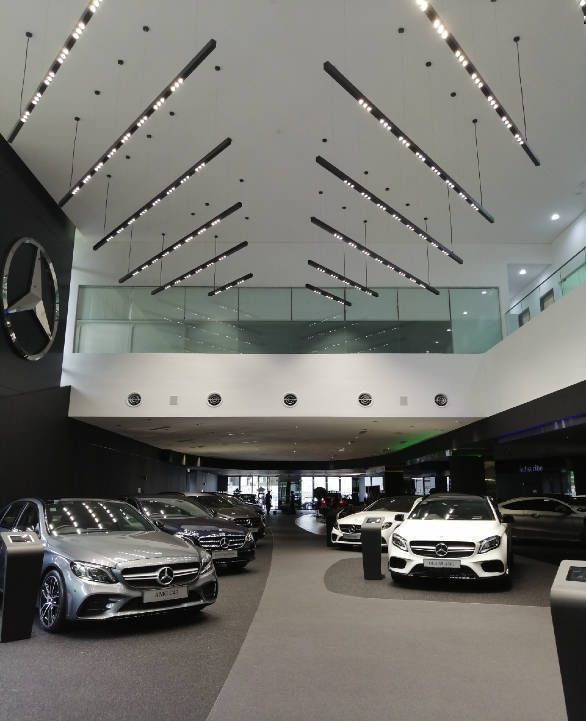 Image credits: Azmar Za on Unsplash
Image credits: Azmar Za on Unsplash
Sales in Wuhan have reached 96 per cent of what it was during the pre-lockdown period, within weeks of restrictions being lifted. This trend is something that Indian carmakers should look forward to, especially because consumers will most likely avoid public transport and shared mobility for some time to come. Personal transportation is set to be looked at as a safer option. Aside from improving sales of new cars, we could see an increase in ownership options
that haven't seen a lot of traction in India so far like subscriptions and leasing. But to make the most of this spike, carmakers could tie in promotional offers and offer extensive financing and warranty options.
As for the kind of cars that buyers choose, we expect the current market trends to continue as they are with SUVs being a preferred choice. There could be spurts in the sales of entry-level cars as new buyers who were contemplating a purchase in the future may accelerate their decision. Also, we could see more high-end car purchases as well, with consumers with large disposable income choosing to spend on cars rather than some kind of outdoor activity like travel or experiential tours.
We've tried to take a positive look at how the industry might fare at the end of this crisis, but the truth is that
there is no way to predict how this pandemic eventually pans out. The wider economic repercussions are still
not entirely understood, nor is there a good understanding of when global trade and travel would come back to
normalcy. But so far, India has reacted swiftly to the crisis and the early, localised trends seem to indicate that
the auto industry might not fare as badly as originally thought, so there is some good news to look forward to
amid all the doom and gloom.
Related Stories
Top Stories
Latest Videos
Most Popular
- Budget Sportbike Showdown: Kawasaki Ninja 500 vs Aprilia RS 457 vs Yamaha YZF-R3
- 2014 Triumph Daytona 675 vs 2024 Kawasaki ZX6R - A Decade of Evolution in Supersport Motorcycles
- Mumbai-Pune Expressway speed restrictions updated
- Nissan Magnite EZ-Shift review - is the AMT any good?
- Nitin Gadkari states that tax on Hybrids should be reduced to 12 percent in the coming future


